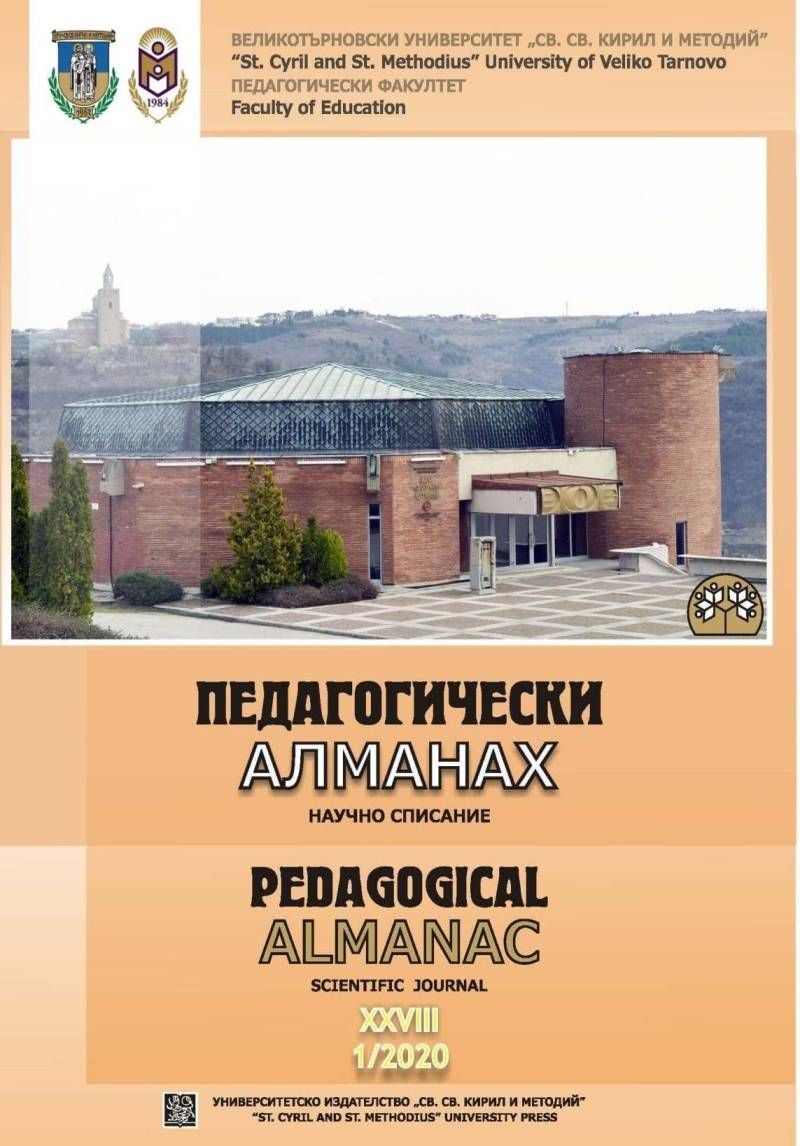Reducing aggressive behaviour among children in educational and social practices
Reducing aggressive behaviour among children in educational and social practices
Author(s): Katerina Zlatkova-Doncheva, Desislava Popova, Karina GospodinovaSubject(s): Social Sciences, Education, School education, Behaviorism, Sociology of Education
Published by: Великотърновски университет „Св. св. Кирил и Методий”
Keywords: aggression; preschoolers; children at risk; youth with severe disabilities; emotional intelligence; alternative communication;
Summary/Abstract: Current study research possible strategies in reducing aggressive behaviour of 3 target groups –preschoolers, at-risk children deprived of parental care and youth with severe disabilities. Target group 1 is researched within gathering evidence of the attitude of Bulgarian teachers and parents (n=1436) towards the EmotionalIntelligence education of the preschoolers by applying a questionnaire with 7 items Likert scale. Bulgarian children without parents (n=40) comprised intervention within 4 interaction strategies using normal and high voice, positive and negative language and have been subjected to surveillance in a pre-standardized checklist. Children and youth with severe disabilities in Bulgaria comprised intervention (n=12) in a non-verbal alternative communication program and have been subjected by questionnaires and surveillance. Results of current study demonstrate that developing emotional intelligence and using different language and alternative strategies would reduce the aggression but should be considerate with individual specifics of children and current educational and social reality.Current study research possible strategies in reducing aggressive behaviour of 3 target groups –preschoolers, at-risk children deprived of parental care and youth with severe disabilities. Target group 1 is researched within gathering evidence of the attitude of Bulgarian teachers and parents (n=1436) towards the Emotional Intelligence education of the preschoolers by applying a questionnaire with 7 items Likert scale. Bulgarian children without parents (n=40) comprised intervention within 4 interaction strategies using normal and high voice, positive and negative language and have been subjected to surveillance in a pre-standardized checklist. Children and youth with severe disabilities in Bulgaria comprised intervention (n=12) in a non-verbal alternative communication program and have been subjected by questionnaires and surveillance. Results of current study demonstrate that developing emotional intelligence and using different language and alternative strategies would reduce the aggression but should be considerate with individual specifics of children and current educational and social reality.
Journal: Педагогически алманах
- Issue Year: 28/2020
- Issue No: 1
- Page Range: 68-81
- Page Count: 14
- Language: English

